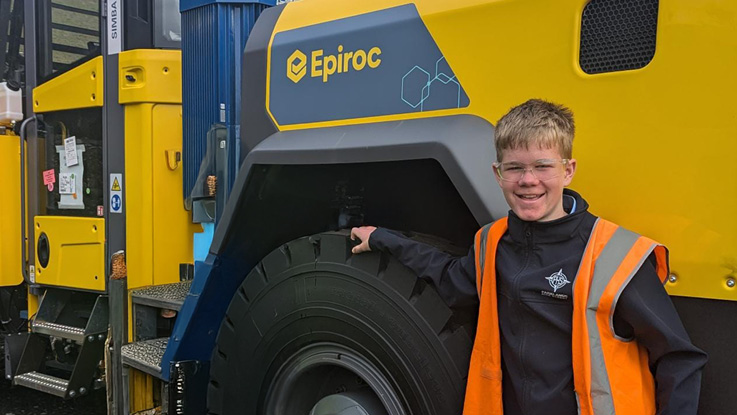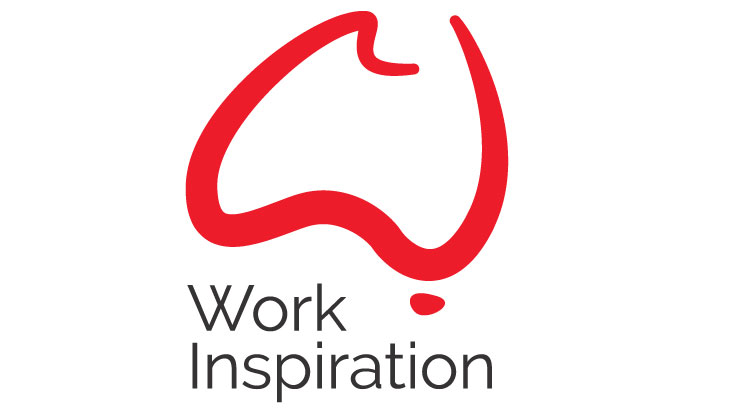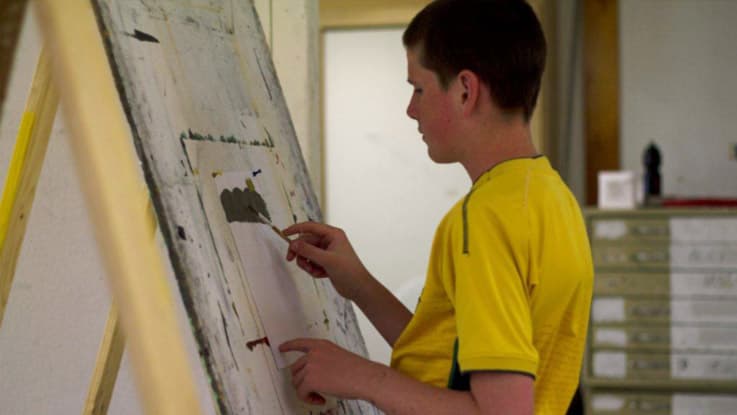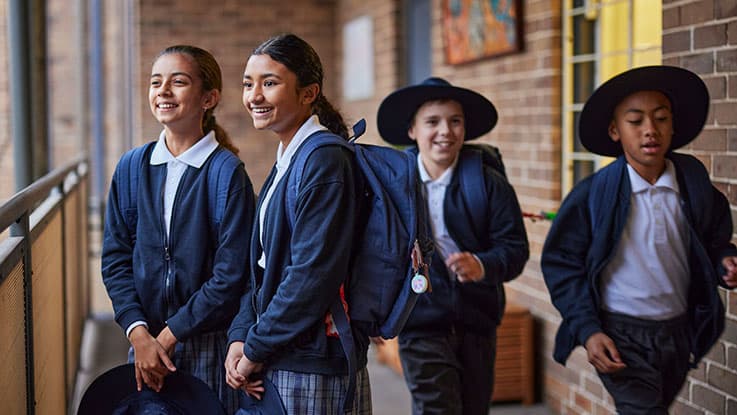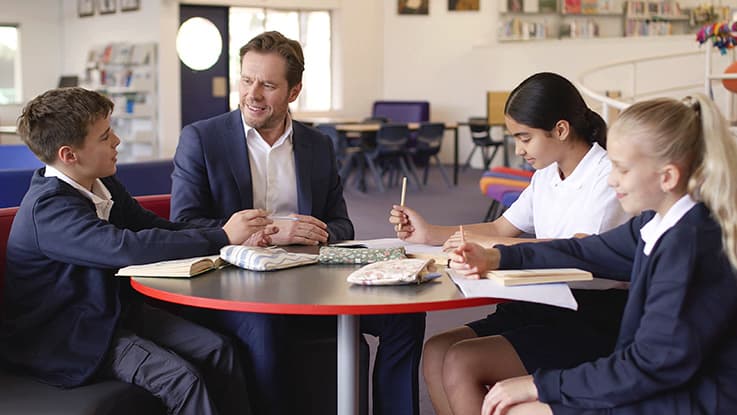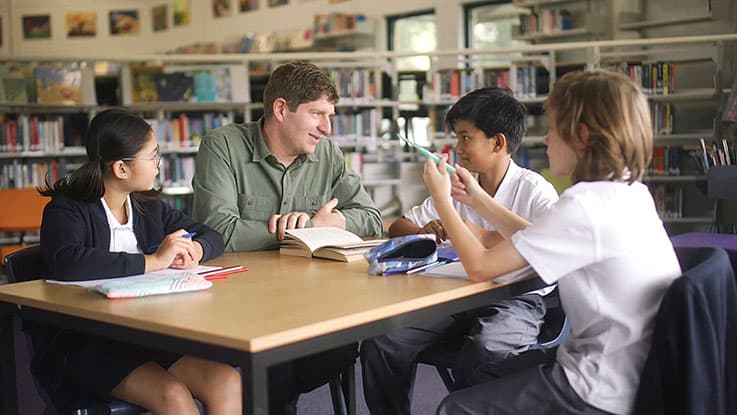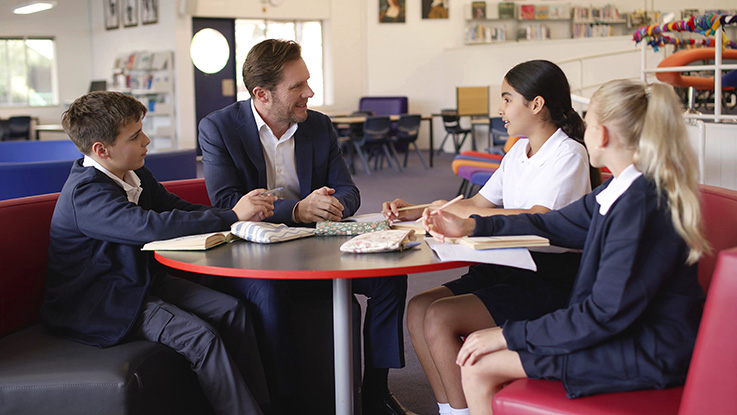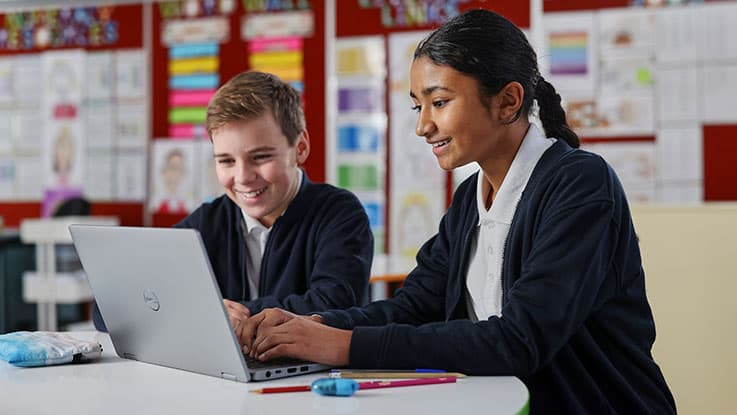
Our learning support and mentoring programs in 90 Australian communities directly help children in need achieve their goals through education.
View all programs Young people living in poverty are more likely to experience repeated, long-term bouts of unemployment,2 with research also showing that young people not engaged in education, training or paid employment by age 24 risk long-term unemployment.3
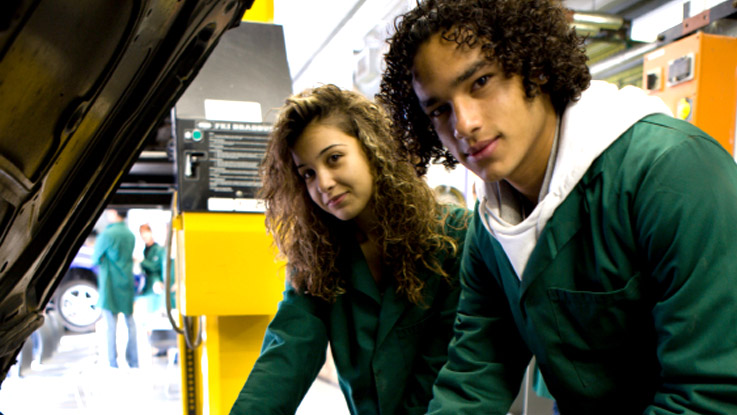

I’m excited about the Cadetship to Career program because it offers me something I've really been lacking. Coming from a low-income family, I don’t have networks, because my parents don’t have connections. It’s very hard for me to go into the professional workforce and get a professional job without these networks.
Using a hands-on approach means students stay engaged instead of zoning out in the classroom. Taking them to workplaces and exposing them to the world of work shows them that life after school is real, and this is what it could look like.
